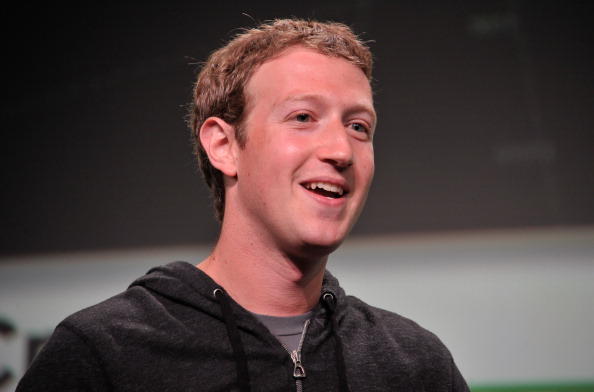Showing 3 results for:
deepfake
Popular topics
All results

With the success of crime-based shows, there is no doubt that people are intrigued by the technology and skills that come with solving complicated incidents. Often on these shows, viewers are presented with evidence that could lead to the successful closing of a case. In other instances, what’s commonly available to the detectives and search agents isn’t enough. Dutch police have decided that the evidence available to them from a 2003 murder was not sufficient. The police unit created a deepfake video of the slain victim to help aid in the case.

Everyday people, as well as politicians and celebrities, have been victims of deepfake technology — including the music business. Deepfake technology is often used to produce realistic audio and video using artificial intelligence along with other tools to make people appear to do and say things that they’ve never done. For example, according to NPR , the technology was able to take audio of rapper Jay-Z’s voice and place it on a hit song from the 1600s. “There are recognizable patterns in how we speak — the tone, the information, where we put the emphasis,” says UC Berkeley professor Hany Farid, according to NPR. “So there’s a way of capturing mathematically a person’s speech. And the machine-learning algorithms are simply learning that pattern of speech and then synthesizing.” Back in April, Jay-Z made it clear that he is not here for this particular AI technology filing copyright takedown notices against the deepfake videos, reports High Snobiety. Youtuber and developer who goes...

People tend to trust videos, assuming that they’re harder to doctor than photographs. However, deepfake technology has proven that to be untrue, and social media platforms now have to wrestle with it. Recently, a deepfake video of Facebook CEO, Mark Zuckerberg, was uploaded to Instagram. The caption read, “Mark Zuckerberg reveals the truth about Facebook and who really owns the future…” People began to wonder if Facebook would elect to remove the video. However, the company has decided that it will remain on Instagram, as reported by The Verge . “We will treat this content the same way we treat all misinformation on Instagram. If third-party fact-checkers mark it as false, we will filter it from Instagram’s recommendation surfaces like Explore and hashtag pages,” a company spokesperson told The Verge. The Zuckerberg deepfake’s face is slightly muddled, but it does play on some common fears around him and data. “Imagine this for a second: One man, with total control of billions of...